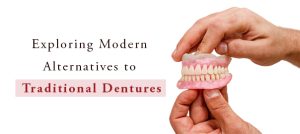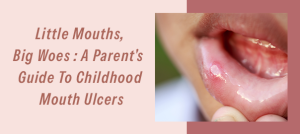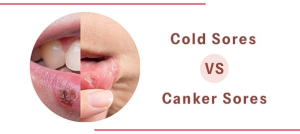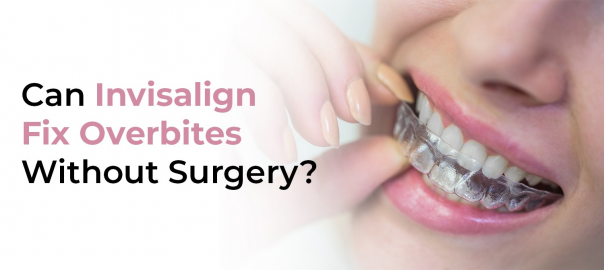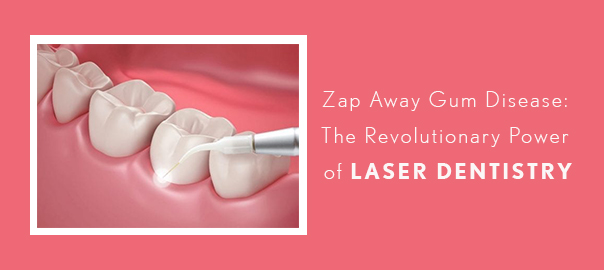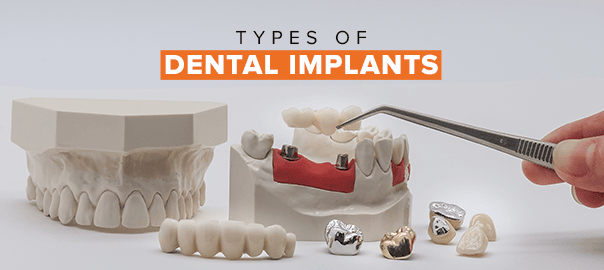
Pregnancy
Pregnancy is a time of great expectations. It is also a time for the expectant mother to focus more intently on her health. The need for a healthy diet is well known. However, few expectant mothers understand the importance of good dental care during pregnancy.
Pregnancy causes a variety of hormonal changes that expectant mothers experience in different ways. Some of these changes bring an increased risk for periodontal (gum) disease. For example, the elevated levels of progesterone that come with pregnancy can cause an exaggerated response to the bacteria present in plaque, the sticky film that covers the teeth. This exaggerated response can cause gingivitis, a type of gum disease. Even pregnant women who practice good oral care are at risk, due to increased levels of progesterone.
Gum disease is an infection of the tissues that surround and support the teeth. It is often painless, so it can go unnoticed and therefore untreated. Warning signs that suggest the presence of gum disease include gums that bleed easily or are red, swollen or tender. Gums that have pulled away from the teeth, or are loose or separating are also possible signs of gum disease. A persistent bad taste in the mouth, bad breath, or permanent teeth that fit together differently than they used to can also signal gum disease.
The symptoms may not seem critical. However, when gum disease goes untreated in pregnant women, very serious problems can result. Pregnancy gingivitis can cause bone and gum loss if ignored. However, gum disease can also have serious repercussions for the baby.
According to The Journal of the American Dental Association, gum disease in pregnant women can cause low birthweight in their babies. Pregnant women with chronic gum disease are four to seven times more likely to have a premature baby.
It may be hard to take gum disease seriously, especially when it doesn’t cause pain. But when gum disease leads to a premature delivery or low-birthweight baby, the consequences can be grave.
According to research published by the US National Library of Medicine, National Institutes of Health, premature and low-birthweight babies are still 40 times more likely to die during their first month. Those infants who survive the first month face a higher risk of neurodevelopment disturbances, health problems (such as asthma, upper and lower respiratory infections and ear infections) and birth defects and disorders. In fact, premature delivery is a major cause of nearly half of all serious long-term neurological conditions.
Premature infants are also vulnerable to complications including chronic lung disease, injury to the intestines, a compromised immune system, cardiovascular disorders, and hearing and vision problems. Infants born at the lower limit of viability have the highest mortality rates and the highest rates of all complications.
It may be hard to understand how gum disease in an expectant mother can have such a devastating impact on the health of an infant. According to the Journal of Natural Science, Biology and Medicine, the bacteria that cause inflammation in the gums can get into the bloodstream and reach the fetus. In scientific terms, gum disease can produce endotoxins that stimulate the production of cytokines and prostaglandins. In pregnant women, high concentrations of cytokines can rupture the uterine membranes and cause premature birth. (Cytokines are regulatory proteins that act as messengers between cells.) This fetal toxicity, or poisoning, that can result from bacterial infections can also cause low-birthweight babies.
It is now believed that infections account for 30% to 50% of all premature and low-birthweight deliveries. Gum diseases are among the infections that can lead to these outcomes.
However, gum disease can be easily treated and prevented – far more easily than the problems that can result in infancy when gum disease goes untreated in pregnant women.
If you are trying to get pregnant, see your dentist first so any existing dental problems can be addressed before you get pregnant. However, if you aren’t able to see your dentist before getting pregnant, it’s not too late to seek dental care.
- As soon as you find out you are pregnant, see your dentist for a professional cleaning and an evaluation of your gums.
- Brush at least twice a day, floss once a day and use an antimicrobial mouth rinse to prevent pregnancy gingivitis.
- Avoid sugary foods and drinks.
- Frequent cleanings during pregnancy will enable your dentist to monitor the health of your gums and address any problems that arise.
- Pay careful attention to your teeth and gums during pregnancy and report any signs of gum disease to your dentist right away.
- Continue to see your dentist after delivery, especially in the first three months, and remember to take your child for his/her first dental visit at the age of 12 months.
If you do experience gum disease during pregnancy, it should be treated as soon as possible. Gingivitis, the early stage of gum disease, can usually be eliminated with professional cleaning. During the cleaning (also referred to as scaling), plaque and tartar (plaque that has built up and hardened on the tooth surface) will be removed from above and below the gum line of the teeth. Root planing can also be performed to treat gum disease. During root planing, rough spots on the tooth root are smoothed, giving the gums a clean surface to attach to. Surgical procedures can be performed to treat more serious cases of gum disease.
As you prepare for the arrival of your little one, take care to practice good oral hygiene and seek regular care from a dental professional. Not only will you preserve your dental health, you’ll be taking important steps to protect the health of your baby.
Dr. Nitika Poonia
BDS,MDS (Periodontics & Dental Implantology)
Zonal Clinical Head – East NCR
Leave a Reply
Leave a Reply
POPULAR POST







